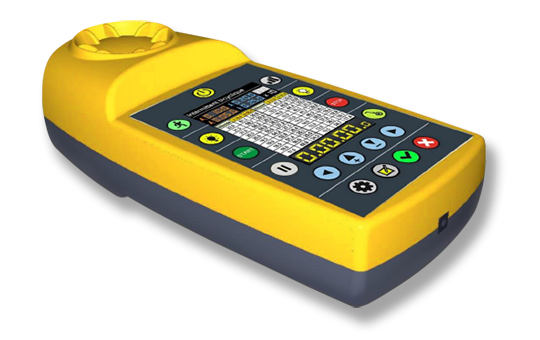Introduction
To maximize sports performance during your training sessions, a strategic approach to nutrition and hydration is essential. Beyond general recommendations, a thorough understanding of biochemical and physiological mechanisms helps optimize results. This article explores how nutrients and hydration influence physical performance, based on the latest scientific research.
The Fundamentals of Pre-Training Nutrition
Carbohydrates: The Main Fuel
Carbohydrates play a central role in maintaining energy levels and performance. During intense exercise, muscles use glycogen, the stored form of carbohydrate, as their main source of energy. We recommend eating a meal rich in complex carbohydrates 3 to 4 hours before training to ensure adequate reserves. Foods such as sweet potatoes, brown rice and oatmeal are ideal choices. A 2020 study published in the Journal of Applied Physiology demonstrated that optimal glycogen stores lead to better endurance and reduced muscle fatigue.
Protein: Muscle preparation
Protein is crucial for muscle repair and growth. A 2019 study in Sports Medicine recommends consuming 20 to 30 grams of high-quality protein, such as that found in chicken, fish or dairy products, around 1 to 2 hours before training. Amino acids, particularly leucine, stimulate muscle protein synthesis and aid recovery
Lipids: Sustainable Energy
Although fats are a less immediate source of energy than carbohydrates, they play an important role in long-term exercise. Unsaturated fats, found in avocados, nuts and seeds, provide sustained energy for prolonged activity. Research published in Nutrients in 2021 indicates that moderately high-fat diets promote endurance in endurance athletes
Hydration: The Key to Performance
Pre-Exercise Hydration
Adequate pre-workout hydration is crucial to optimizing performance. According to the recommendations of the American College of Sports Medicine (ACSM), it is advisable to drink around 500 ml of water 2 to 3 hours before exercise. A 2022 study published in Sports found that sufficient hydration improves performance capacity and reduces the risk of muscle cramps
Electrolyte balance
During exercise, the loss of sweat leads to a loss of essential electrolytes such as sodium, potassium and magnesium. Sports drinks containing electrolytes can help maintain this balance. Research published in The Journal of Strength and Conditioning Research has shown that electrolyte-containing drinks increase performance and decrease dehydration compared to water alone, especially during prolonged or intense exercise.
Post-training: Optimal recovery
Replenishing glycogen reserves
After exercise, it’s crucial to replenish glycogen stores to aid recovery. A recommended ratio of carbohydrates to protein is 3:1, as shown in a 2021 study in Nutrition & Metabolism. This can be achieved with meals such as a fruit and protein smoothie or a chicken sandwich.
Muscle recovery
Consuming protein after exercise helps muscle repair. Protein supplements, such as whey protein, are often used for their rapid absorption and effectiveness. A 2023 study published in Frontiers in Physiology confirmed that protein ingestion in the post-exercise anabolic window significantly improves muscle recovery and growth.
Conclusion
To achieve optimum performance, a precise, scientific approach to nutrition and hydration is essential. By adjusting your carbohydrate, protein and fat intake before, during and after training, and optimizing your hydration, you can maximize your results and enhance your recovery. For additional tips and tools to track your sporting progress, visit SportBeeper. Based on current scientific recommendations, you’ll be better equipped to achieve your sporting goals and optimize your performance.


